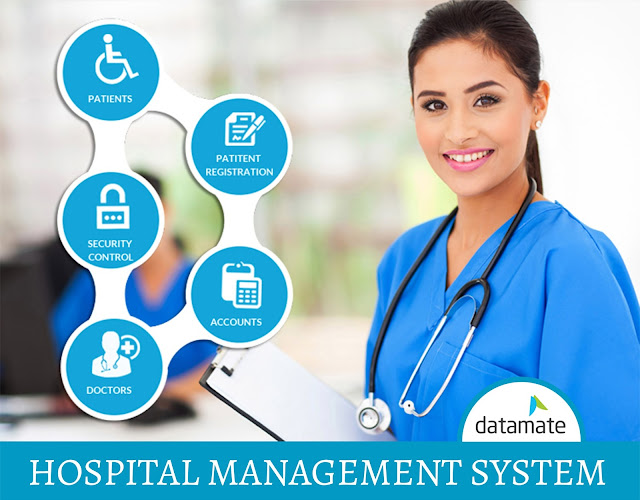Advantages of ERP for the Manufacturing Industry

The manufacturing industries are highly dynamic and competitive in nature. ERP ( Enterprise Resource Planning ) technology helps these industries by integrating all aspects of business like operations, resources, reporting, monitoring, sales, accounting and finance etc. and empowers businesses to function smoothly by maintaining a single database. ERP has lot of advantages in manufacturing industry.Some of them are following. 1. With greater adaptability ERP automates and streamlines business processes A complete ERP solution streamlines business processes and drives automation for manufacturing organizations. By streamlining the processes, all data is available in a centralized location with complete visibility in all functionalities – development, designing, inventory, procurement, production, finance, sales, delivery and more. ERP help to bring efficiency ,improves productivity and helps companies maintain their customer commitments. By automating the processes...


